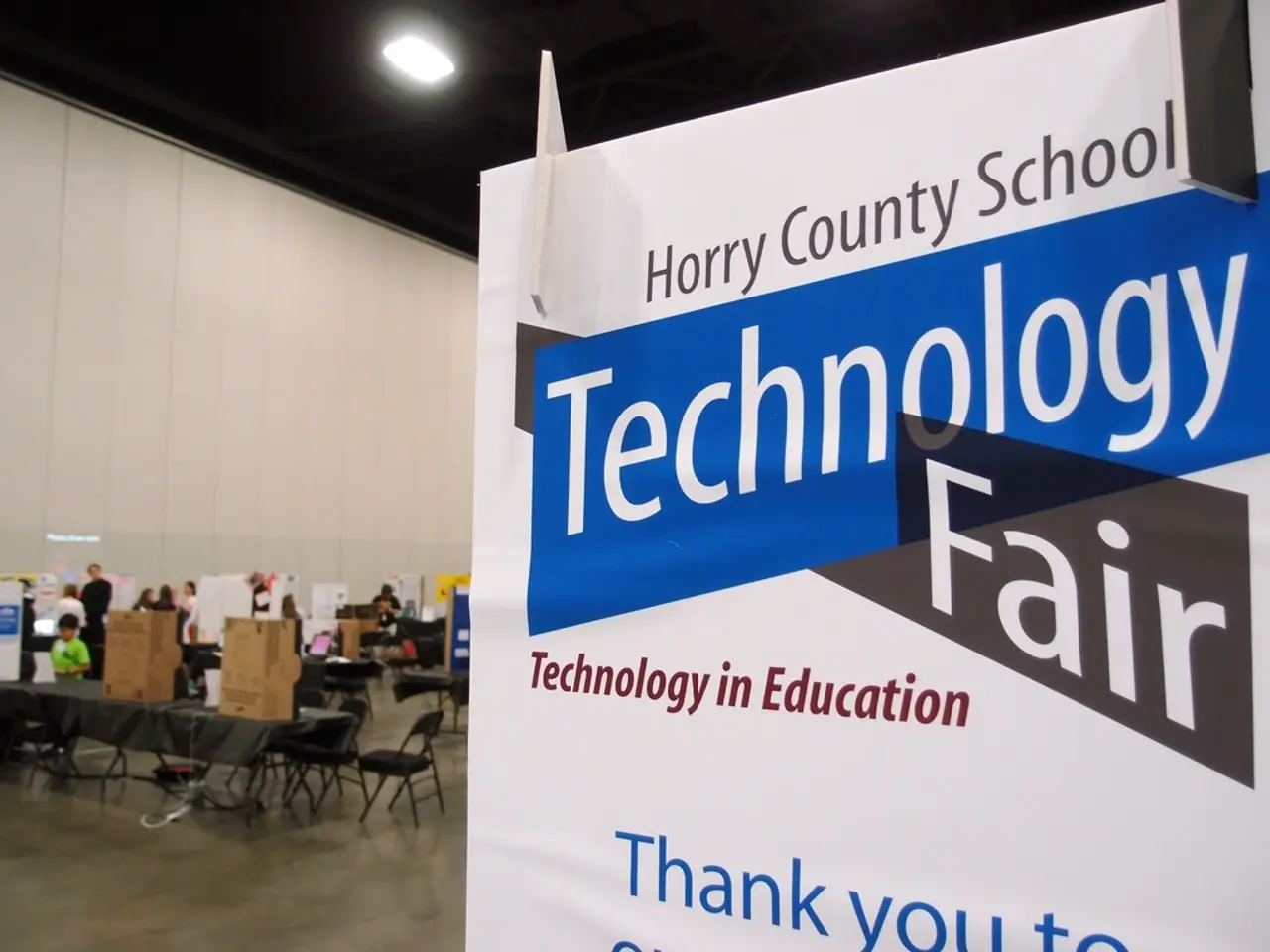Reconsidering Our Reliance on Advanced Gadgetry: A Discussion on Essentiality vs Indulgence
In the digital age, high-tech gadgets have become an integral part of our daily lives, revolutionizing education, communication, and commerce. The COVID-19 pandemic has further accelerated this trend, making devices like smartphones, tablets, and laptops indispensable in modern education and professional settings [1].
However, the growing reliance on gadgets has raised concerns about their impact on our health, privacy, and the widening digital divide. While they facilitate connectivity and access to vast information, they can also negatively affect children's physical and mental health, interrupt focus during learning, and create potential privacy risks [1][3].
Moreover, the booming market for tech gadgets, including smart home devices, wearables, AI tools, and mobile accessories, drives innovation and economic opportunities. Yet, roughly 2.6 billion people worldwide still lack internet access, limiting their ability to benefit from such technology and widening global inequalities [4].
As we navigate this gadget-filled world, it's crucial to draw conscious lines between what we truly need and what we've merely been convinced we do. Being "smart" isn't about owning the latest gadget; it's about knowing when to say enough [5]. The omnipresence of smartphones, smartwatches, and other digital devices has normalized a level of consumption and dependency that deserves scrutiny [6].
Reclaiming agency in a connected world involves being intentional about purchases, aware of marketing manipulation, and honest about the difference between true need and manufactured want. By asking better questions about value, purpose, ethics, and sustainability, we move closer to a future where technology serves humanity, rather than defines it [7].
Living in a gadget-dependent world also means reckoning with collective responsibility, including the carbon footprint and labor behind gadget production. The creation of high-tech gadgets involves ethical concerns, such as exploitative labor practices and environmental degradation from rare earth metal extraction [8].
Millions of tons of e-waste are generated annually, much of it unrecycled and dumped in landfills where it leaks toxic chemicals [9]. Choosing not to rely on a gadget isn't anti-progress; it's a declaration that convenience shouldn't always come at the expense of autonomy [10].
The rapid pace of technological advancement can lead to social and economic marginalization for those without access to current gadgets [11]. As we continue to reevaluate our relationship with gadgets, we must strive for a balance that allows us to embrace the benefits while mitigating the drawbacks. This means rediscovering the value of non-digital experiences, such as boredom leading to creativity, physical books over screens, and uninterrupted conversations [12].
In conclusion, while high-tech gadgets play a significant role in modern education, communication, and commerce, it's essential to consider their impact on our health, privacy, and the environment. By drawing conscious lines and asking critical questions, we can create a more balanced and sustainable relationship with technology, ensuring that it serves humanity rather than defines it.
- In the realm of lifestyle, it's essential to question our dependence on high-tech gadgets for learning and communication, considering their potential negative effects on health, privacy, and the environment.
- As technology continues to drive innovation and economic opportunities in sectors like home-and-garden and education-and-self-development, it's crucial to address ethical concerns, such as labor practices and environmental degradation, in the production of these gadgets.
- Embracing sustainable-living principles means understanding that being "smart" isn't about owning the latest gadgets; it's about making intentional purchasing decisions and being aware of marketing manipulation.
- In the future, we must strive for a balance in our gadget-filled world, appreciating the benefits of technology while mitigating its drawbacks, and rediscovering the value of non-digital experiences, such as physical books and uninterrupted conversations.






